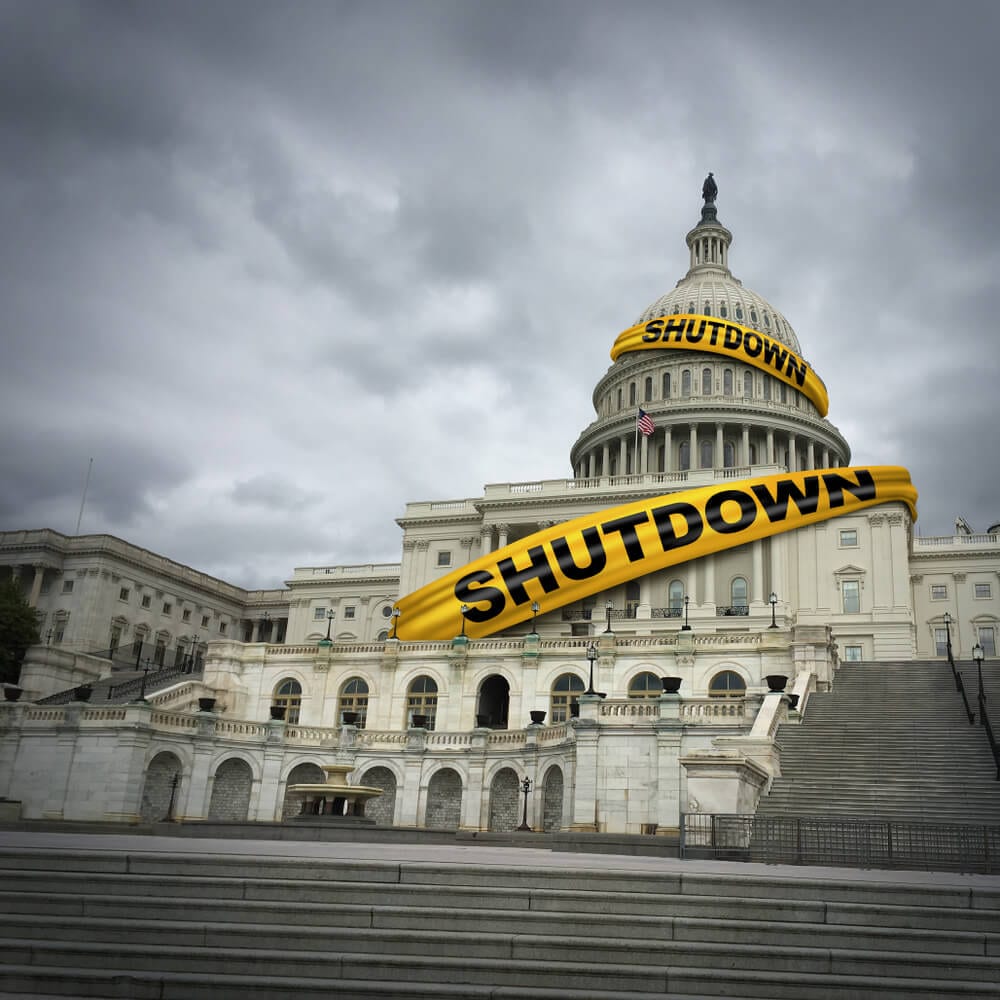A government shutdown is a significant event in the political landscape of a country, particularly in the United States, where the term is most commonly used. It refers to a situation where there is a failure to pass the necessary funding legislation that will finance the government for its next fiscal year. This can occur when there is a disagreement or deadlock over budget allocations among the policymakers.
Advertisement
During a government shutdown, nonessential government offices close down, and some essential workers must continue to work but their pay may be delayed. This is because the Antideficiency Act prohibits federal agencies from spending or obligating any money without an appropriation or other approval from Congress.

If Congress fails to enact the 12 annual appropriation bills, federal agencies must cease all non-essential functions until Congress acts. This is known as a government shutdown. If Congress enacts some but not all of the 12 appropriations bills, only agencies without appropriations have to shut down; this is known as a partial shutdown.
Advertisement
Thousands of federal government employees are put on furlough, meaning that they are told not to report for work and go unpaid for the period of the shutdown, although their salaries are paid retroactively when it ends. Other government workers who perform what are judged essential services, such as air traffic controllers and law enforcement officials, continue to work but do not get paid until Congress acts to end the shutdown.
All this applies only to the roughly 25% of federal spending subject to annual appropriation by Congress. Benefits such as Social Security and Medicare continue to flow because they are authorized by Congress in laws that do not need annual approval (although the services offered by Social Security benefit offices may be limited during a shutdown). In addition, the Treasury can continue to pay interest on U.S. Treasury debt on time.
Shutdowns can be disruptive, leading to delays in processing applications for passports, small business loans, or government benefits; shuttered visitor centers and bathrooms at national parks; fewer food-safety inspections; and various inconveniences. Shutdowns are sufficiently likely that the White House Office of Management & Budget posts detailed contingency plans that government agencies maintain for shutdowns, as well as a 51-page Q&A on shutdown procedures.
In conclusion, a government shutdown is a complex and impactful event that can have wide-ranging effects on the functioning of the government and the lives of the citizens. It is a result of budgetary disagreements and can lead to the cessation of many government services and functions. Understanding the meaning and implications of a government shutdown is crucial for citizens to navigate and comprehend the political and economic landscape of their country.


Leave a Reply